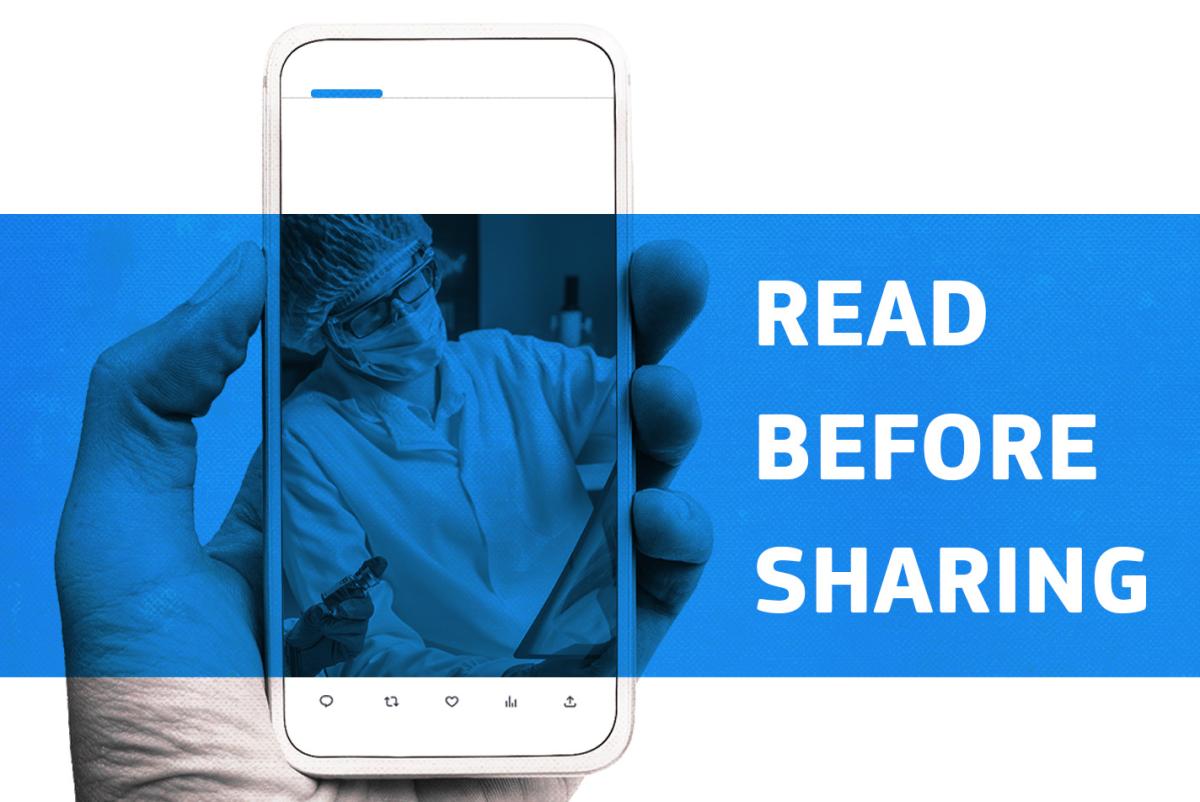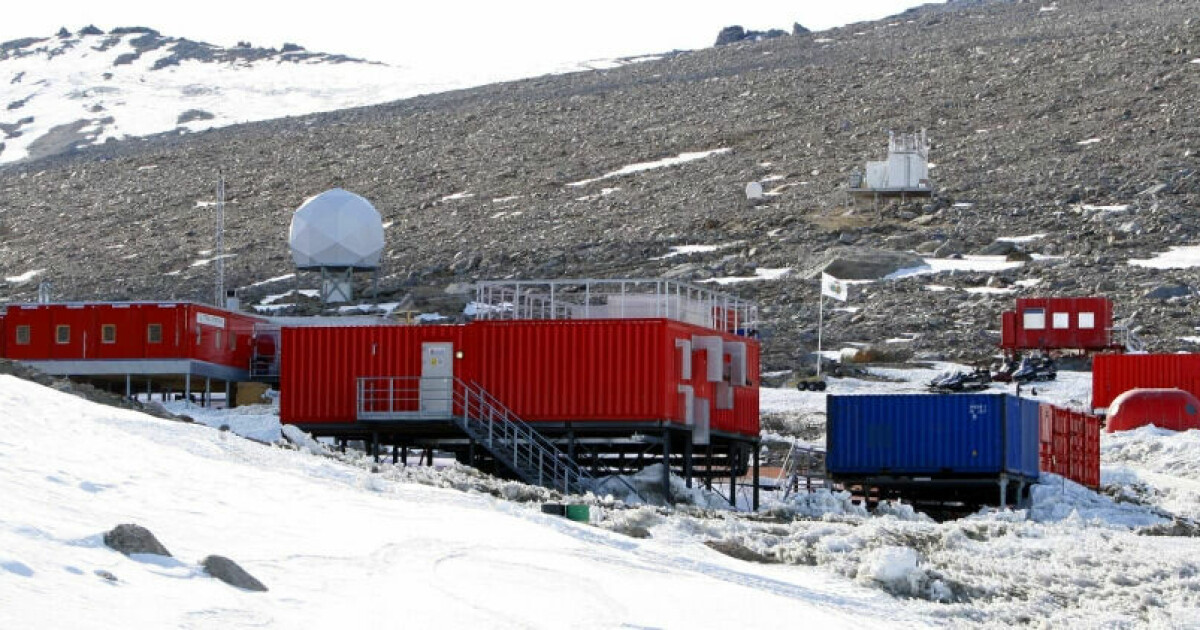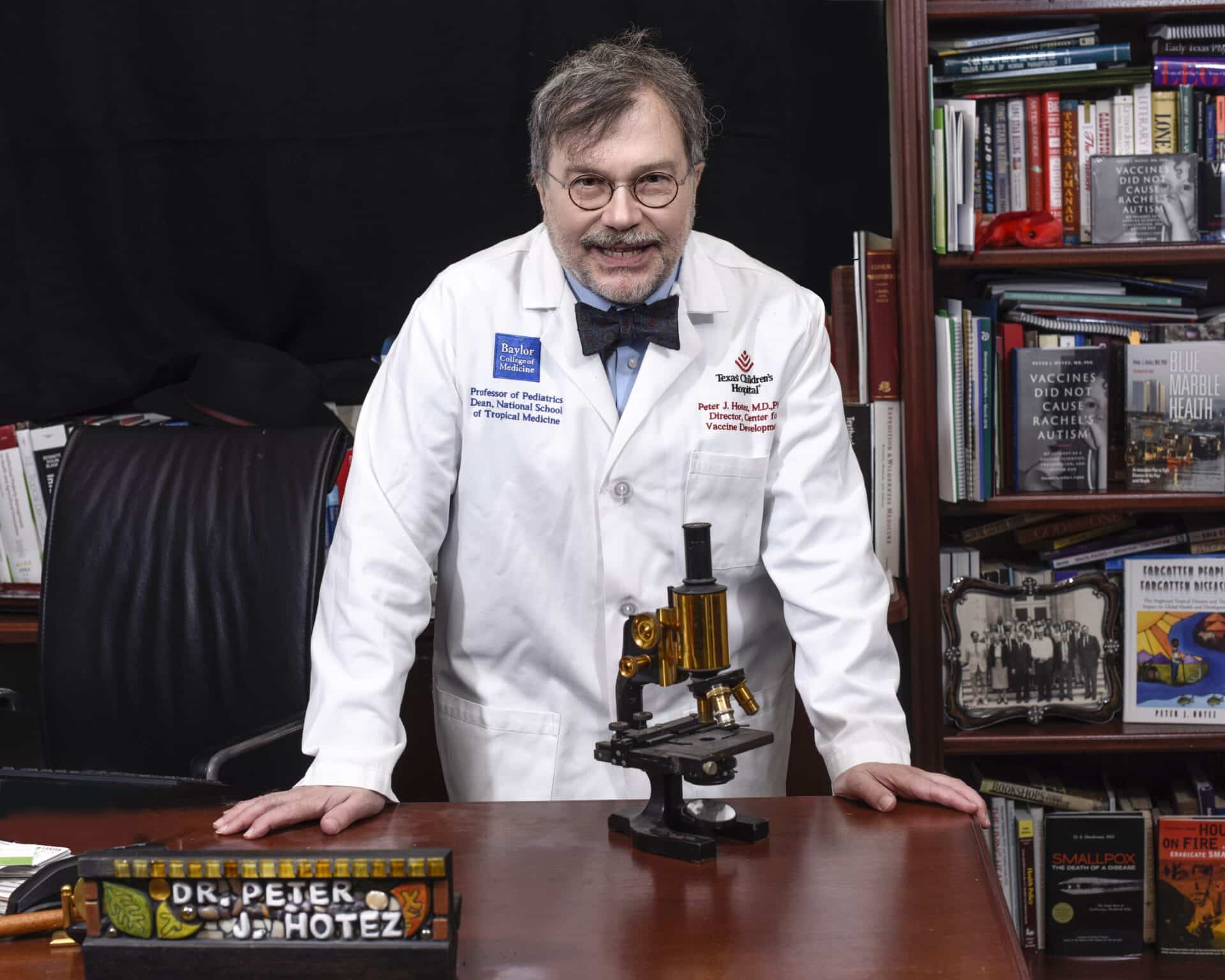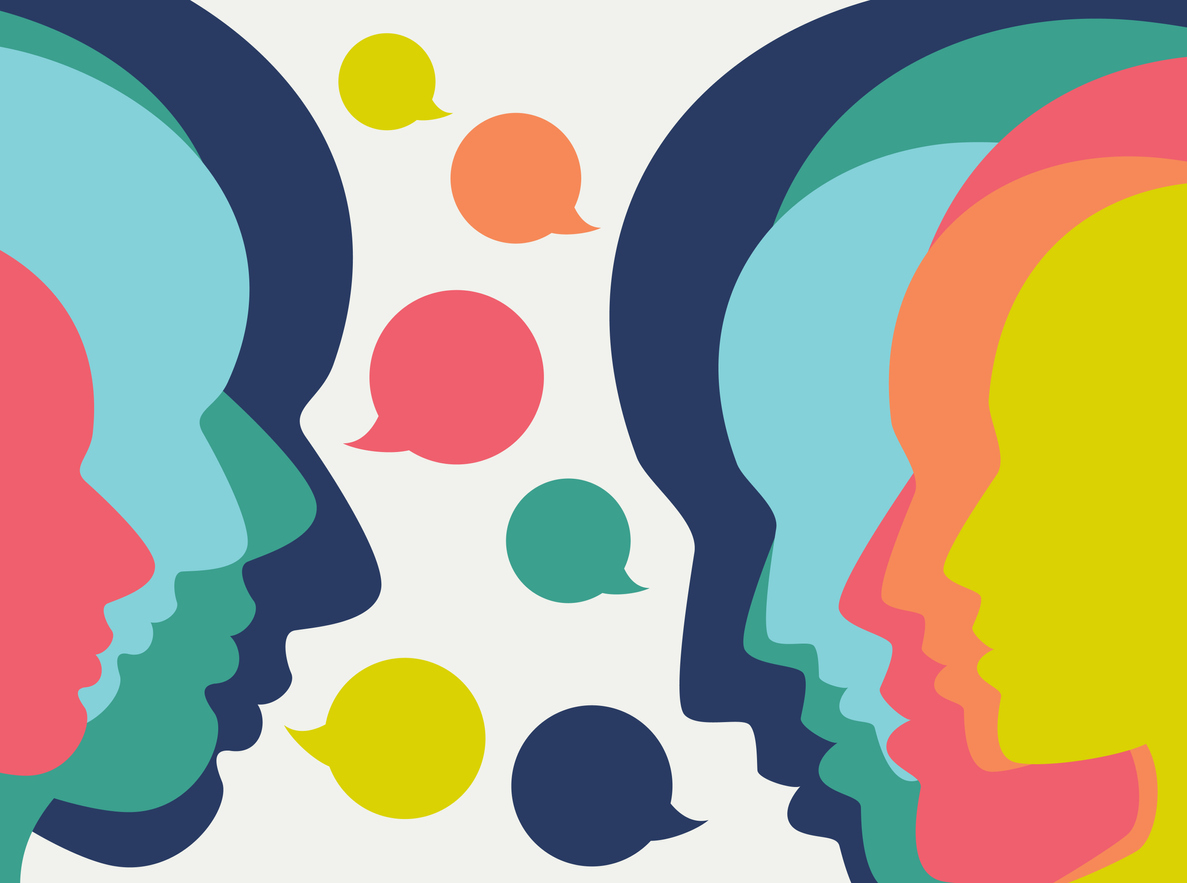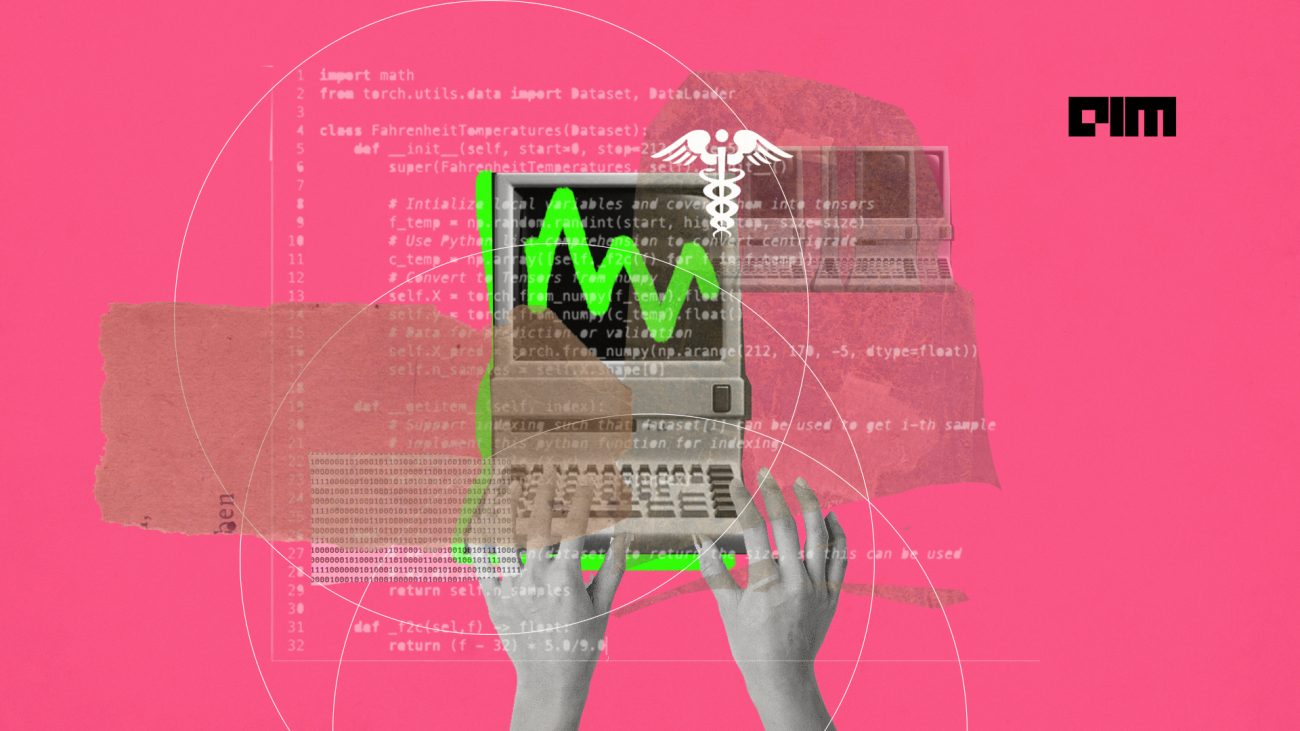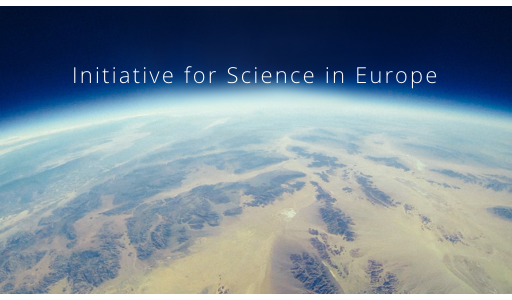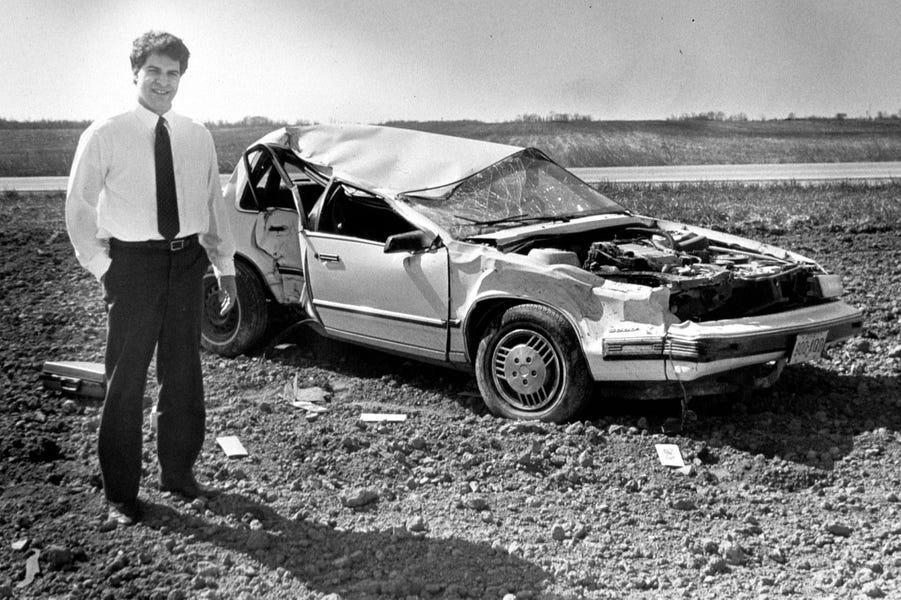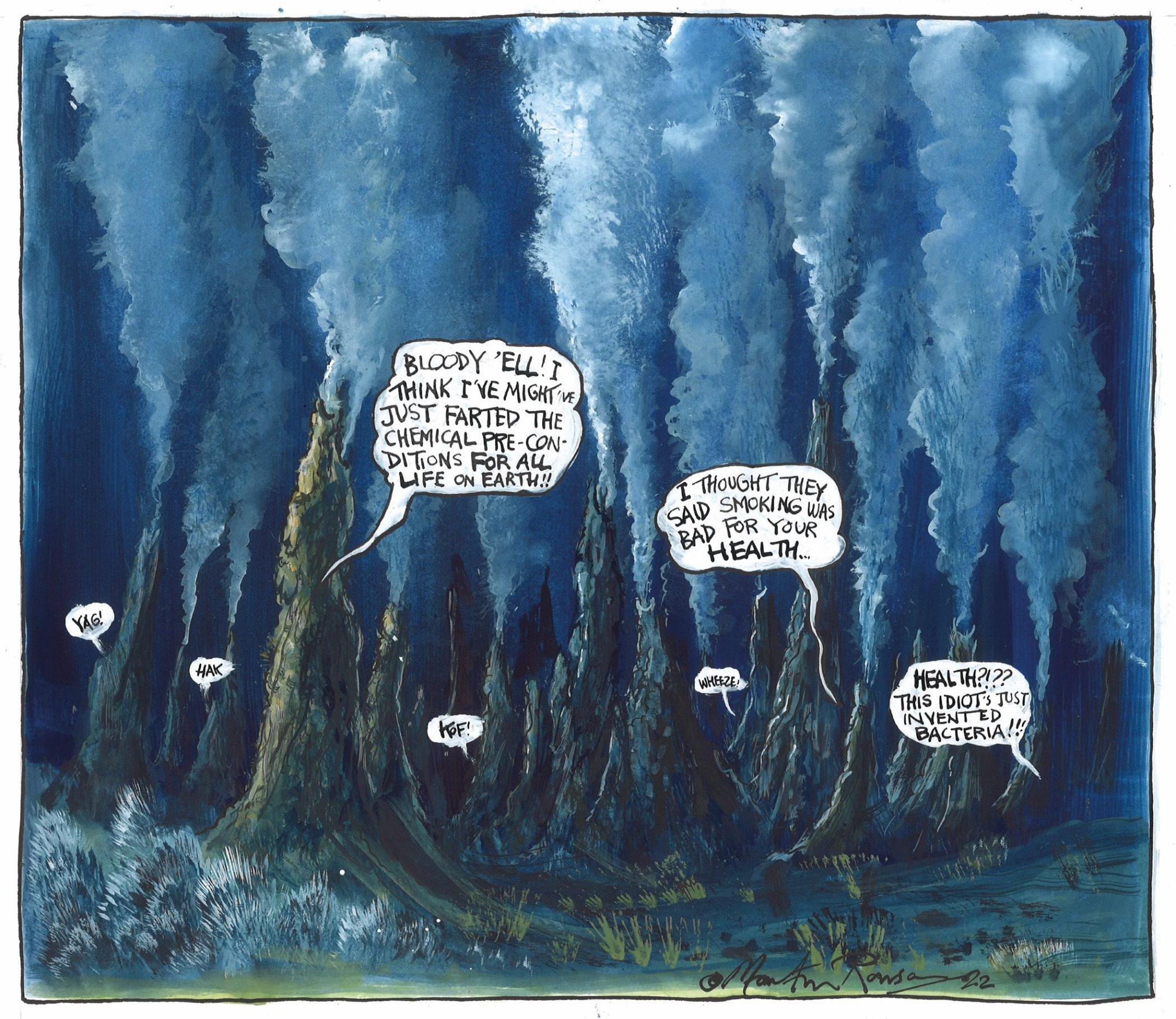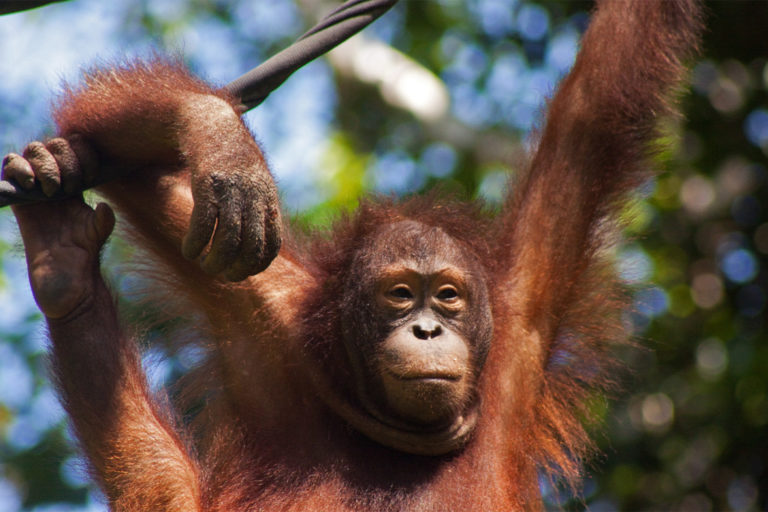The COVID-19 pandemic prompted many discussions about how people's trust in science shaped our ability to address the crisis. Early in the pandemic, our research team set out to understand how trust in science relates to support for public health guidelines, and to identify some trusted sources of science. In this essay, we share our findings and offer ideas about what might be done to strengthen the public's trust in science. Notably, our research shows a stark partisan divide: Republicans had lower support for public health guidelines, and their trust in science and institutions such as the Centers for Disease Control and Prevention and the National Institutes of Health eroded over time. Meanwhile, Democrats' trust in science has remained high throughout the pandemic. In the context of this divide, we explore how trust in various information sources, from governmental institutions to the media, relates to trust in science, and suggest that the best avenue for rebuilding trust might be through empowering local institutions and leaders to help manage future crises.


